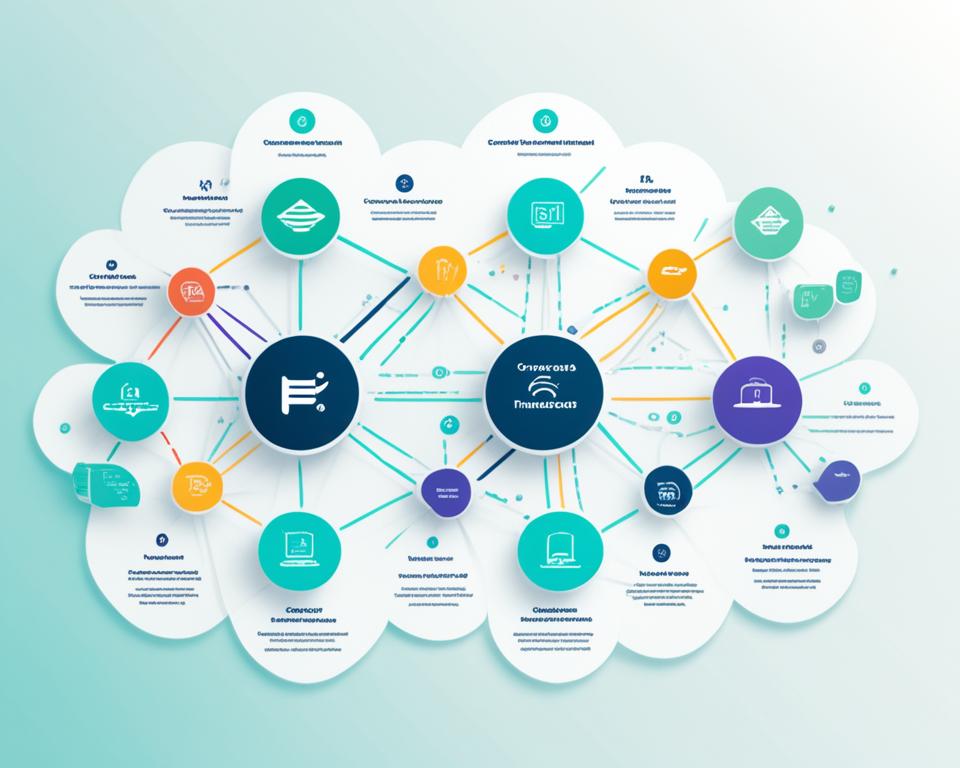Anúncios
The era where robots would help humans has arrived. Not only in the area of mass production, or risk management, or even customer service, but also in the healthcare area.
Anúncios
In the meantime, AI is increasingly present in laboratory analysis, diagnostics, and now also, in the search for information about which medicine is most effective for each patient.
This is because Dutch scientists have developed an algorithm where artificial intelligence (AI) can predict which antidepressant will be most effective for you, transforming the approach to mental health treatment.
Anúncios
The Complexity of Mental Health Treatment
Treating mental health problems is notoriously complex. Factors such as genetic predispositions, environmental influences, and personal health history play a role in how a person responds to medication. This complexity has historically made it difficult to predict treatment outcomes.
Furthermore, traditional methods often involve a trial-and-error approach to finding the right medication, a process that can be time-consuming and emotionally draining for patients.

Typically, it can take up to two months to determine how effective a medication is in treating depression; however, an innovative algorithm has the potential to reduce this waiting period to just one week.
Personalizing healthcare
This innovative approach not only accelerates the journey towards finding the right treatment but also signifies a major leap forward in personalized healthcare.
By harnessing the power of artificial intelligence, this algorithm analyzes a patient’s unique health data to predict the most effective antidepressant quickly, offering a beacon of hope for those navigating the challenges of depression.
Veja Também:
This advancement underscores the transformative impact of technology in healthcare, promising a future where treatments are more tailored, efficient, and responsive to the individual needs of patients.
The Study was featured in the American Journal of Psychiatry
The research was a detailed analysis of patients. In other words, a comprehensive and rigorous clinical study, which involved 296 patients with major depressive disorder.
Participants, who were not receiving medication, were followed in a multicenter, double-blind, placebo-controlled setting.
Using magnetic resonance neuroimaging and clinical data collected before and one week after the start of treatment.
Additionally, the team evaluated treatment efficacy over 8 weeks, applying metrics such as balanced accuracy scores and the area under the receiver operating curve, to quantify accuracy in predicting treatment response and remission.
So much so that this information allowed scientists to develop an AI algorithm to predict the initial response to treatment.
Thus, it was found that blood circulation in the anterior cingulate cortex, a region of the brain linked to emotional regulation, could predict the effectiveness of sertraline, thus pointing to a method that could prevent ineffective prescriptions and improve patient care.
Greater precision in Medicine
The research points to a promising future in the treatment of depression, where the AI algorithm, enriched with new data, will allow for even greater personalization of sertraline therapy, based on the individual characteristics of each patient.
This evolution signals the transition to a more precise medicine scenario, capable of significantly reducing the time spent experimenting with different treatments and improving patients’ quality of life, leading to more effective and targeted care.
The future of antidepressant prescriptions lies in the integration of AI to achieve personalized medication strategies.
As research progresses and AI technologies become more sophisticated, we can anticipate a new era in mental health treatment where patients receive tailored care that is effective, efficient, and minimally invasive.
By harnessing the power of AI in predicting the effectiveness of antidepressants, healthcare providers can offer their patients faster relief from depression symptoms and a clearer path to recovery.
As we move forward, the integration of AI into mental health care promises to not only improve patient outcomes but also reshape the landscape of treatment modalities for the better.



